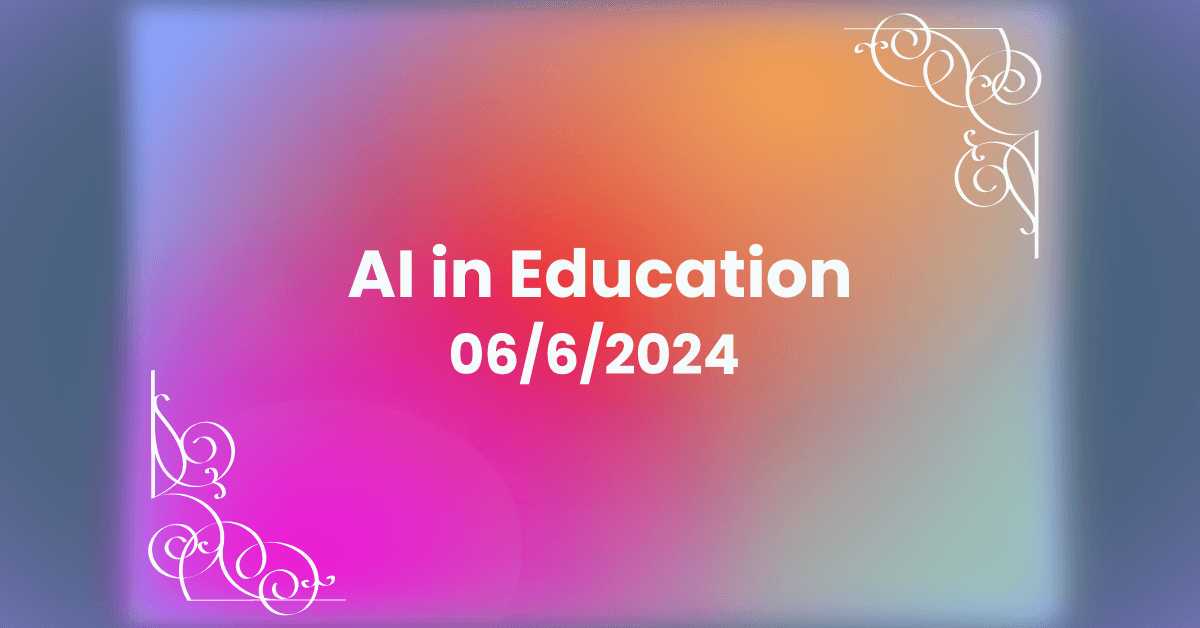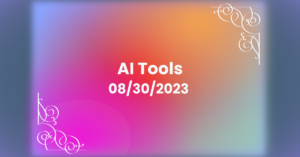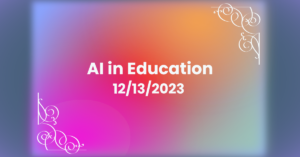Addressing the Ethical Considerations and Bias in AI
Addressing ethical considerations and bias in AI for education is critical to ensuring fair and effective learning outcomes. The stakes are high: biased AI systems can perpetuate inequalities, misrepresent student abilities, and unfairly disadvantage certain groups of students. As AI becomes more integrated into educational systems, it is imperative to address these biases to create an equitable learning environment for all.
Bias in AI refers to the prejudices and unfair tendencies embedded in AI systems. These biases often stem from the data used to train AI models, the algorithms themselves, or the human developers involved. In education, biased AI can result in discriminatory practices, such as favoring certain groups of students over others, perpetuating existing inequalities, and misrepresenting student abilities and potential.
For instance, an AI-based admissions algorithm used by a university may inadvertently favor applicants from certain socioeconomic backgrounds while disadvantaging others. Similarly, an AI-driven grading system might consistently score students from underrepresented groups lower due to biased training data. These cases illustrate the tangible consequences of AI bias on educational equity and fairness.
The implementation of AI in education raises several ethical concerns. Privacy is a major issue, as AI systems often require extensive data collection, potentially compromising student confidentiality. Data security is another critical aspect, with the risk of sensitive information being misused or exposed.
To address bias and promote ethical AI in education, several strategies can be employed. Ensuring diverse and representative data sets is crucial for minimizing bias in AI models. Algorithmic transparency, where the decision-making processes of AI systems are made clear, can help identify and rectify biases. Regular audits of AI systems, along with the involvement of educators, ethicists, and diverse stakeholders, are essential for maintaining ethical standards and fostering trust in AI technologies.
Educators, who often have no control over the AI tools provided to them, can still take significant steps to mitigate bias. First, they can critically evaluate the AI tools they use, seeking information about the data and algorithms behind them.
Regularly monitoring AI outputs for signs of bias or unfair treatment is crucial. Educators can also foster an inclusive learning environment by supplementing AI with their own observations and feedback, ensuring that students’ unique needs and backgrounds are considered. Additionally, advocating for transparency and accountability from AI providers can help ensure that ethical standards are met.
Addressing the ethical considerations and bias in AI is paramount to realizing its full potential in education. By acknowledging and mitigating these challenges, educators, policymakers, and developers can work together to create fair and inclusive AI systems that enhance learning for all students. The journey towards ethical AI in education is ongoing, but with concerted effort and collaboration, we can pave the way for a more equitable and effective educational landscape.







